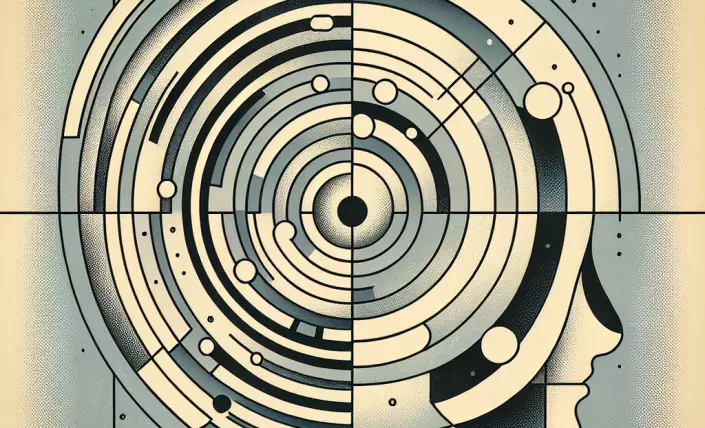In the vast tapestry of human thought, few figures stand as prominently as Socrates, the enigmatic Athenian philosopher. While he penned no texts himself, his legacy is immortalized through the accounts of his disciples, most notably Plato. Central to Socratic philosophy is the art of questioning, a method that challenges assumptions and provokes deeper understanding. Today, we explore how this ancient technique remains relevant, offering profound insights into the human condition and providing a foundation for self-reflection and personal growth.
Socrates' method, often referred to as the Socratic Method, involves a dialectical form of inquiry. This process engages individuals in a cooperative argumentative dialogue, stimulating critical thinking and illuminating ideas. Socrates believed that through persistent questioning, individuals could uncover contradictions in their thoughts and beliefs, leading to a clearer understanding of themselves and the world around them. By scrutinizing their own beliefs, people are compelled to confront their ignorance, fostering intellectual humility and a genuine pursuit of truth.
The art of questioning, as Socrates practiced, is not merely an intellectual exercise but a transformative tool. In modern life, where information is abundant yet often superficial, the ability to ask meaningful questions is more critical than ever. Consider how often we accept information at face value, rarely pausing to interrogate its validity or relevance. The Socratic Method encourages us to delve deeper, asking not only 'What?' but 'Why?' and 'How?'. This approach compels us to examine the foundations of our beliefs, leading to a more profound understanding of ourselves and the world.
Moreover, Socratic questioning fosters a sense of community and empathy. In dialogues, participants are urged to listen actively and consider perspectives different from their own. This practice not only sharpens critical thinking but also cultivates a culture of respect and open-mindedness. In a polarized world, where ideological divides seem insurmountable, the ability to engage in constructive dialogue is invaluable. By questioning and understanding opposing viewpoints, we can bridge gaps and foster a more harmonious society.
At its core, the Socratic Method is a journey toward self-discovery. It challenges us to question who we are and what we stand for. This introspection is not always comfortable, as it often reveals unsettling truths. However, it is through this discomfort that growth occurs. By confronting our limitations and biases, we open ourselves to new possibilities and perspectives. This process of self-examination is essential for personal development, enabling us to live more authentic and purposeful lives.
In conclusion, the philosophical legacy of Socrates endures because it speaks to a fundamental aspect of the human experience: the quest for understanding. The art of questioning, as he practiced, is a powerful tool that transcends time and culture. It invites us to challenge assumptions, engage in meaningful dialogue, and embark on a journey of self-discovery. By embracing this method, we can unlock the potential for greater insight, empathy, and personal growth, ultimately leading to a more enlightened and fulfilling life.










